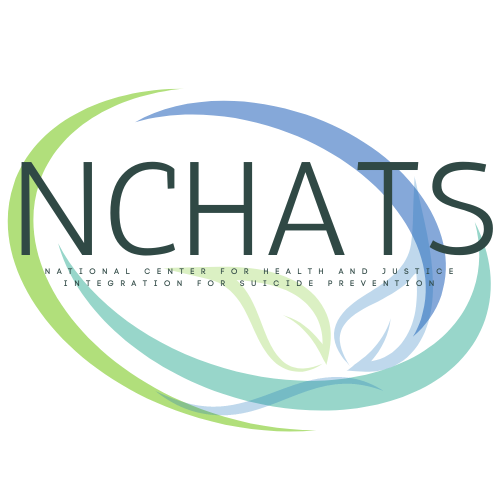
Michigan State University, Henry Ford Health, and Brown University are home to the leading investigators in the center.
Content Warning: If you or someone you know needs help, please call, text, or chat with the Suicide and Crisis Lifeline at 988.
You matter. You are important.
In the United States, there is one death by suicide reported every 11 minutes. The research shows an increased risk of suicide in individuals involved in the justice system, with one in three men and one in eight women who died by suicide having spent at least one night in jail in their lifetimes.
Given ~10% of all suicides with known causes in the U.S. occur in the context of a recent criminal or legal stressor (often arrest and jail detention), reducing suicide risk after jail detention could have a noticeable impact on national suicide rates. Better coordination of care between county jails and healthcare systems is crucial to manage often severe problems encountered in this population, but it is difficult to achieve at scale. Jail detention may disrupt existing care and provide additional stressors1. High jail admission and discharge volumes (>10,000,000 per year), short jail stays (median of a few days), and understaffing mean that most of the U.S.’s ~3,100 county and local jails do not have capacity to coordinate care adequately. Outside jail, many justice-involved individuals are supported by professionals in publicly funded systems, who are typically unaware that their client was in jail and may drop the client for missing appointments. The resulting lack of care or fragmented care leads to unnecessary cycling in and out of jail and suicide-related morbidity and mortality.
About NCHATS
The National Center for Health and Justice Integration for Suicide Prevention (NCHATS) is a national research center funded by the National Institute of Mental Health (NIMH) meant to build information bridges between healthcare organizations and justice systems to identify individuals at risk for suicide and connect them to care. NCHATS will evaluate the clinical and cost-effectiveness of suicide prevention activities that bridge justice contacts and community care. Specifically, the Center uses contact with the justice system as a novel indicator of suicide risk in the general population and connects individuals at risk for suicide to community care.
Read more
References: [1] Mallik-Kane K. Health Care after Incarceration Accessed 10-9-20, 2020. 43. Changes in coding of suicide attempts or self-harm with transition from ICD-9 to ICD-10. Psychiatr Serv. Stewart, C, Crawford, PM, Simon, GE;68(3):215.